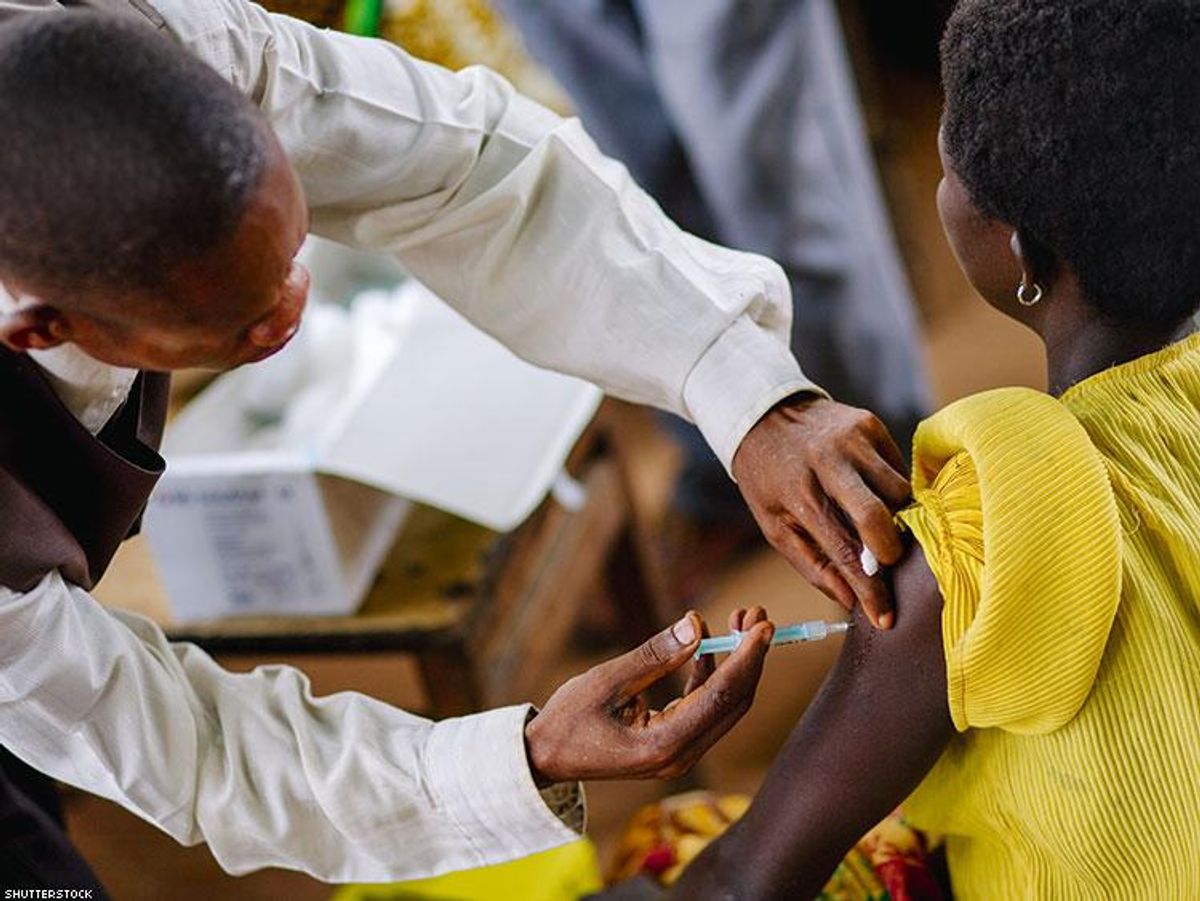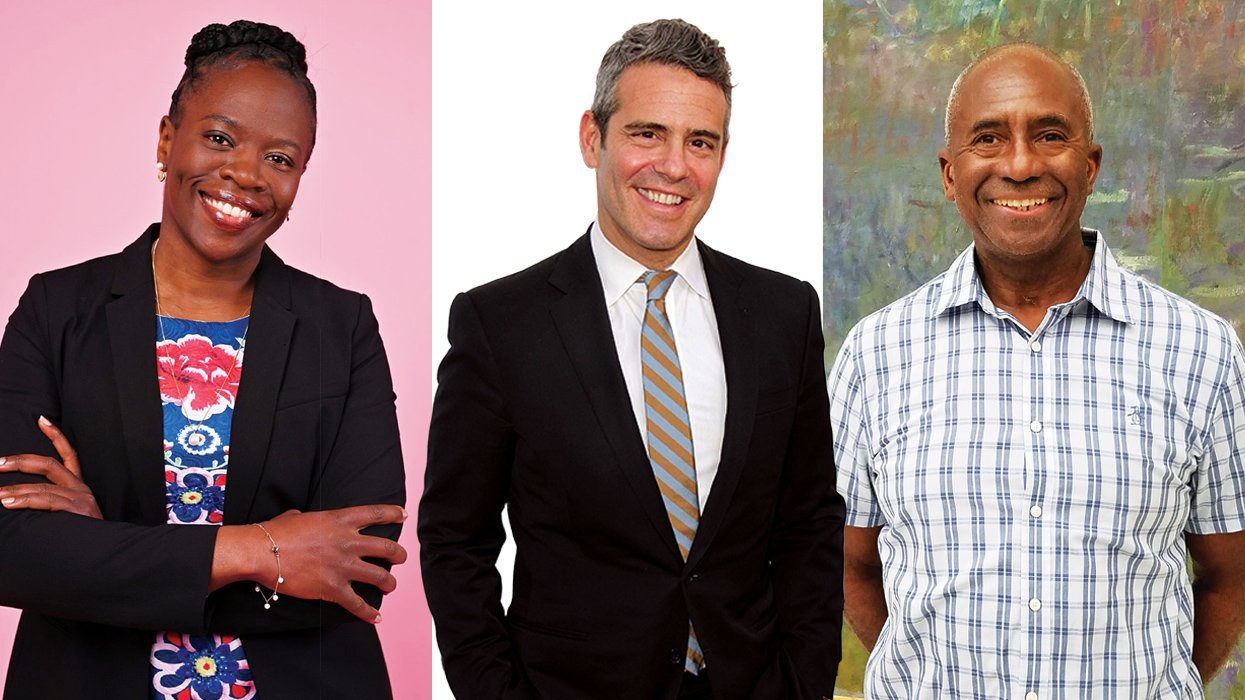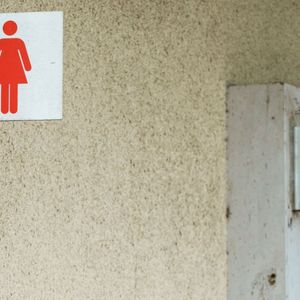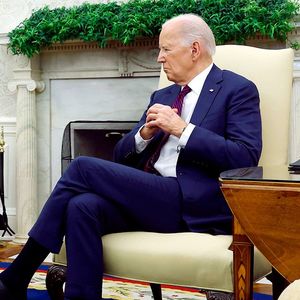With nearly two billion people around the world having no access to medicine, pharmaceutical companies have a crucial role to play in supplying meds to the poorest nations around the globe.
Thanks to the Access to Medicine Index, we’re able to see which company is putting their money where their mouth is, as reported by data.
Funded by the Bill and Melinda Gates Foundation, as well as the U.K. and Dutch governments, the Index independently ranks pharmaceutical companies efforts to improve access to medicine in developing countries, as said in their mission statement.
Published every two years since 2008, the Index has shined light upon companies whose work might otherwise go unseen. Here is what it found:
Glaxosmithkline held first place, as it has been every year since the Index began. As pointed in the report, it is the most “access-oriented company in the Index, with a clear access-to-medicine strategy that aligns with its corporate strategy, and company-wide ownership and accountability for access.”
GSK leads in product donations and in applying equitable pricing strategies, while also leading in voluntary licensing and capacity building, which has a broad approach for antiretrovirals via ViiV healthcare.
But, as The New York Times reports, GSK’s chief executive, Andrew Witty, is retiring in March. And seeing as how CEOs typically determine how generous a company is, there might be a slight shift as new leadership transitions into power. Before Witty, there was Richard Sykes, who until his retirement in 2002 was adamantly apposed to loosening up patent laws in the poorest countries so they can have access to cheaper drugs.
Companies in India that manufacture generic drugs make the bulk of the medicines for the world’s poor, The New York Times points out. While they were initially on the list, they’ve since moved to a separate one — due to their small budgets and contrasting missions.
Johnson & Johnson was ranked at number two, due to its expanding approach to more disease areas. It has also expanded its policy of not enforicing its patent rights over Prezista, an antiretroviral, reports the Index.
Johnson & Johnson's pledge of non-enforcement now covers 128 countries, including lower and upper-middle income countries. Following close behind is Novartis at number three, and Merck KGaA and Merck & Co., Inc. at four and five — respectively.
Ranking last at number 20 is Astellas. While it has improved in certain areas, its transparency around marketing and lobbying is low, and it was found to have acted unethically twice, reports the Index. While it has set objectives relating to access to medicine, they do not clearly link to an overall access strategy.
Read the full report at Access to Medicine Index.


















































































